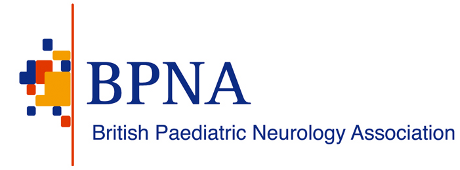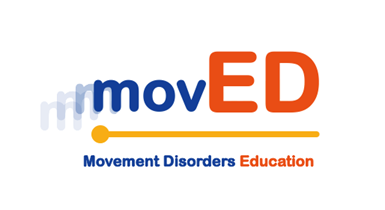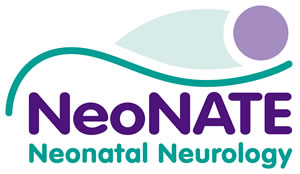24 February 2023
2023 Working Group Statement (click to download)
In November and December 2022, the initial meetings of the PANS PANDAS working group (PPWG) were held. Present were representatives from the British Paediatric Neurology Association, PANS PANDAS UK, the Royal College of Psychiatrists, the Royal College of Paediatrics and Child Health, the Royal College of Nursing, the Royal College of Occupational Therapy, the British Paediatric Allergy, Infection and Immunology Group, independent social workers and parents of PANS or PANDAS patients.
This meeting was supported by NHS England, as will be all subsequent meetings of the PPWG and specific working groups. Please find statement in full to download above.
--
23 April 2021
2021 Consensus statement on childhood neuropsychiatric presentations (click to download)
Over the past year or so, BPNA members have been asked to see an increasing number of children with obsessive-compulsive disorder (OCD), tics, ADHD, autism and other neurodevelopmental disorders. The BPNA empathises with the distress and concern that such symptoms cause for many of these children and their families.
The BPNA, working in collaboration with the Child and Adolescent Psychiatry Faculty of the Royal College of Psychiatrists, has produced a statement to support its members in the care of these children. In the latter stages of development, we engaged with patient representative groups to help refine the statement.
The aim is to help members provide care based on the most accurate and up to date evidence for children with acute neuropsychiatric presentations, including where Paediatric Acute Neuro-Psychiatric Syndrome (PANS) and Paediatric Acute Neuro-Psychiatric Syndrome associated with Streptococcal Infection (PANDAS) are considered.
This has been in part stimulated by reports of variability in access and management of such children. The BPNA strongly supports equality of access to expert opinions and therapies in a timely fashion for all the diverse communities across the UK. We hope that this statement will help to achieve this for these children.
We discourage lone professional review of children with these often complex presentations. We strongly encourage team working and cross-speciality communication, particularly with Child and Adolescent Mental Health Services. We support NHS partnerships being developed to provide an integrated service to help timely review and management of these children.
There is currently a lack of class 1 evidence (high quality scientific studies such as randomised controlled trials). The statement does not recommend the use of antibiotics, steroids or IVIG as they have an insufficient evidence base to say the potential benefits outweigh the risks. Their usage could divert the focus away from effective symptom-directed treatments.
We strongly encourage further research so that robust treatment guidelines may be formulated.
________________________
The British Paediatric Neurology Association (BPNA) is the professional association for doctors who specialise in the care of children with neurological disorders. The BPNA is a charity (number 1159115) registered in England and Wales.









